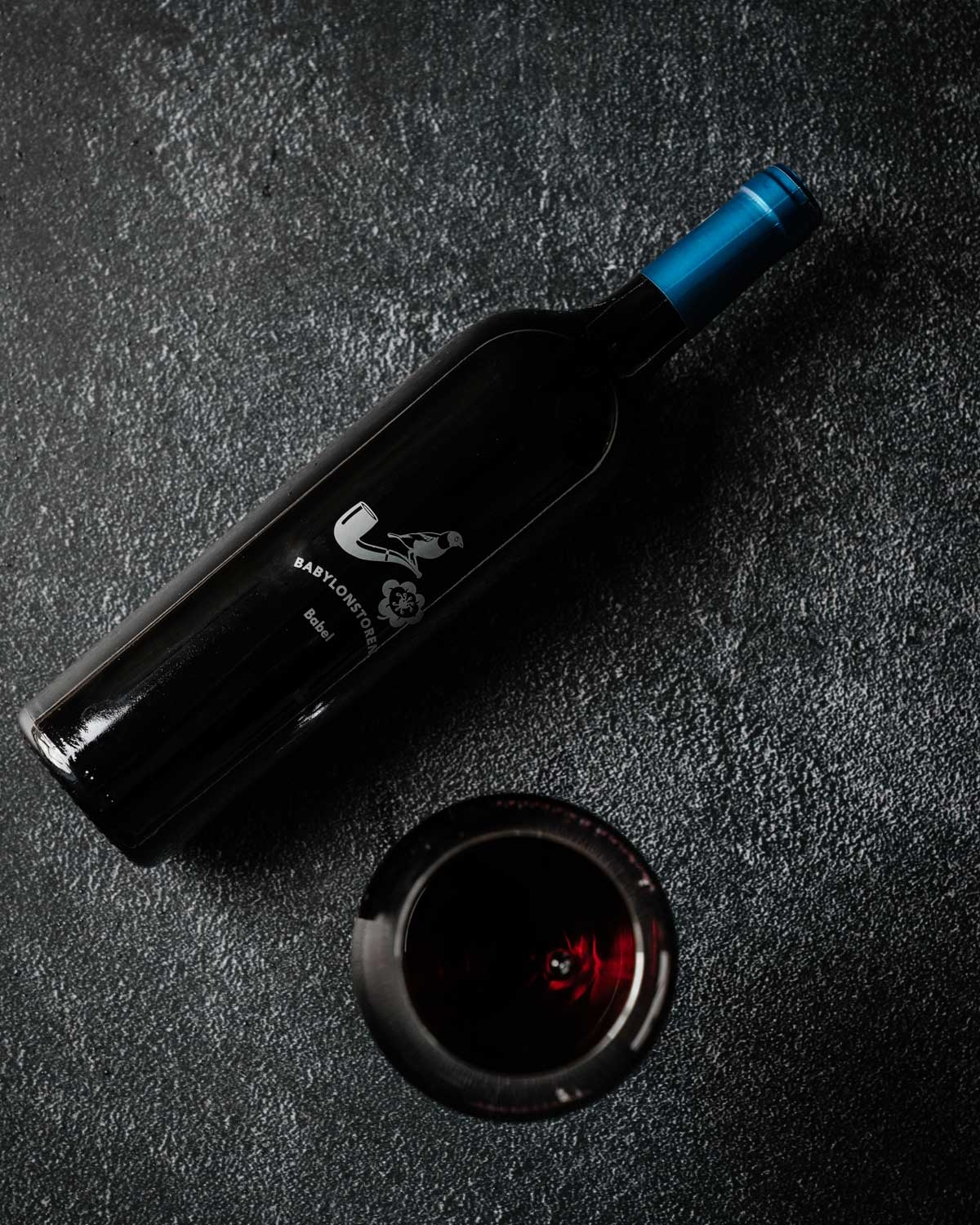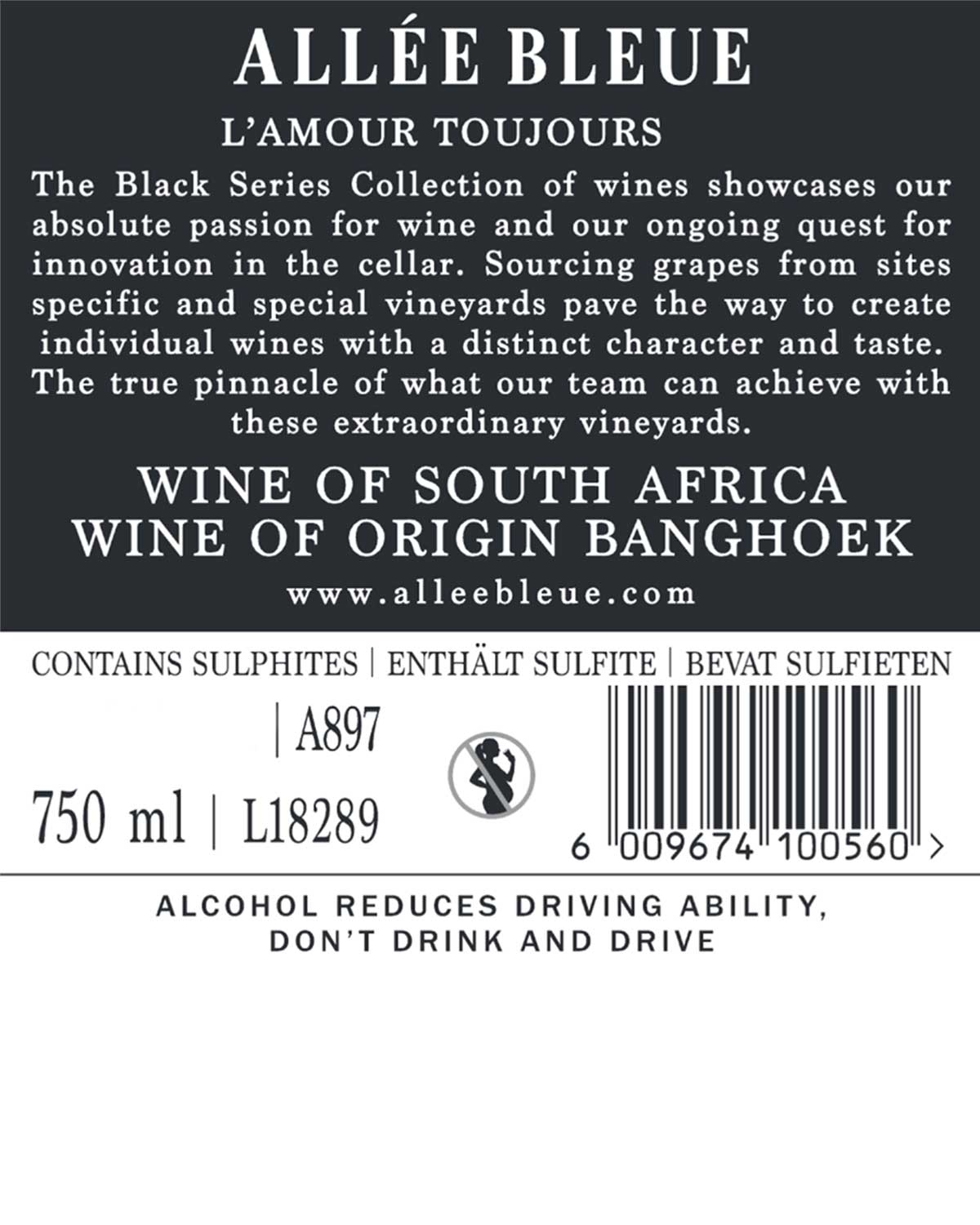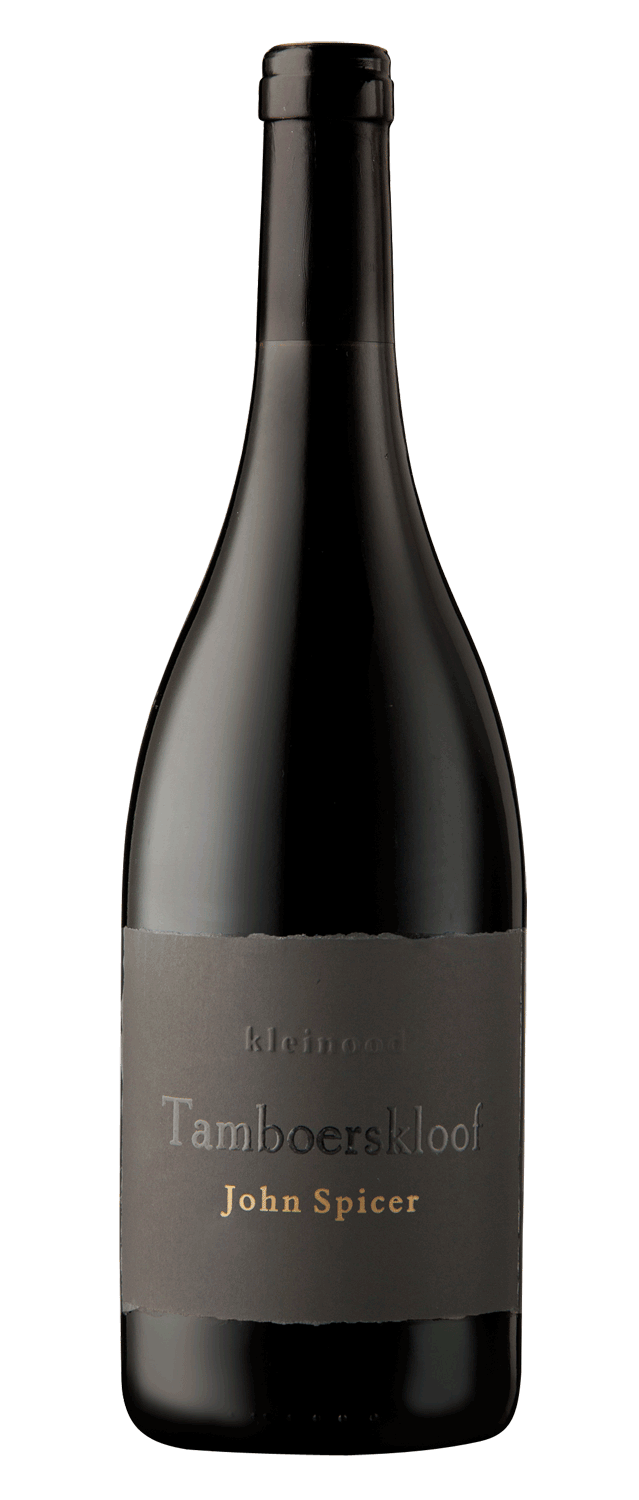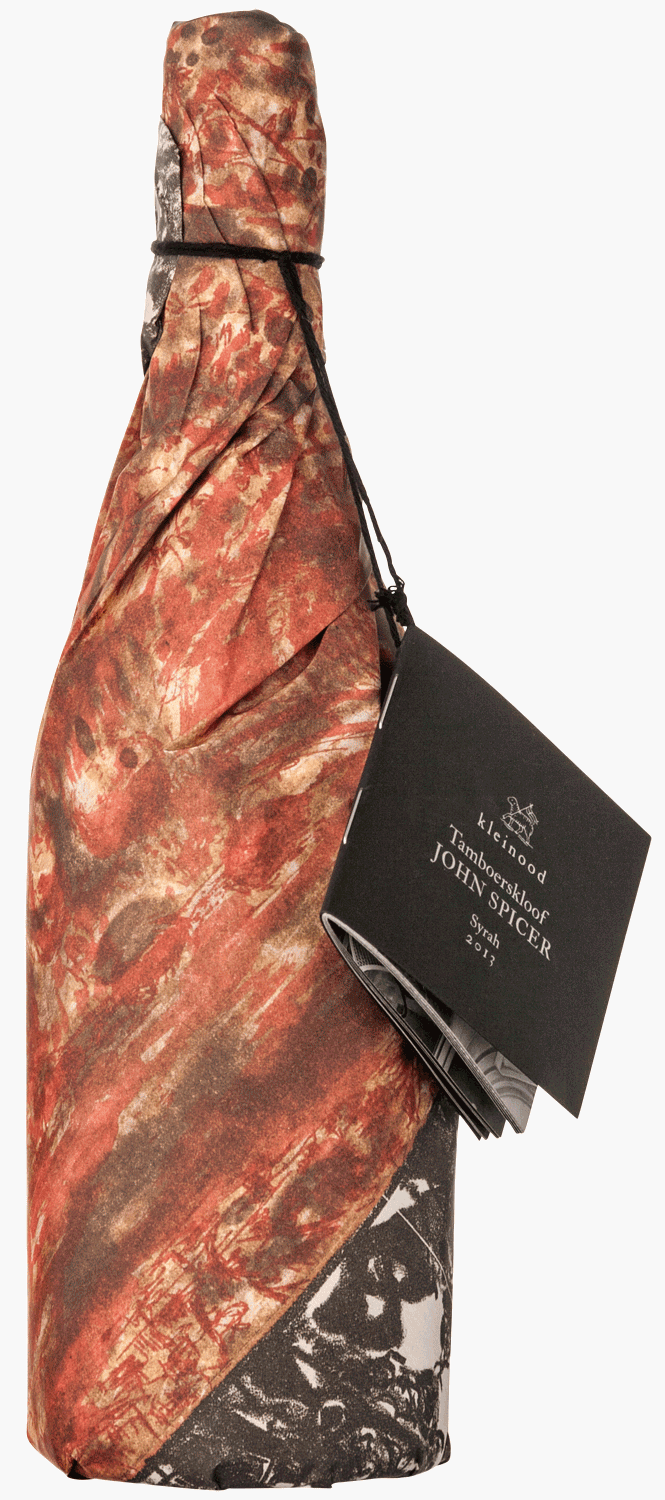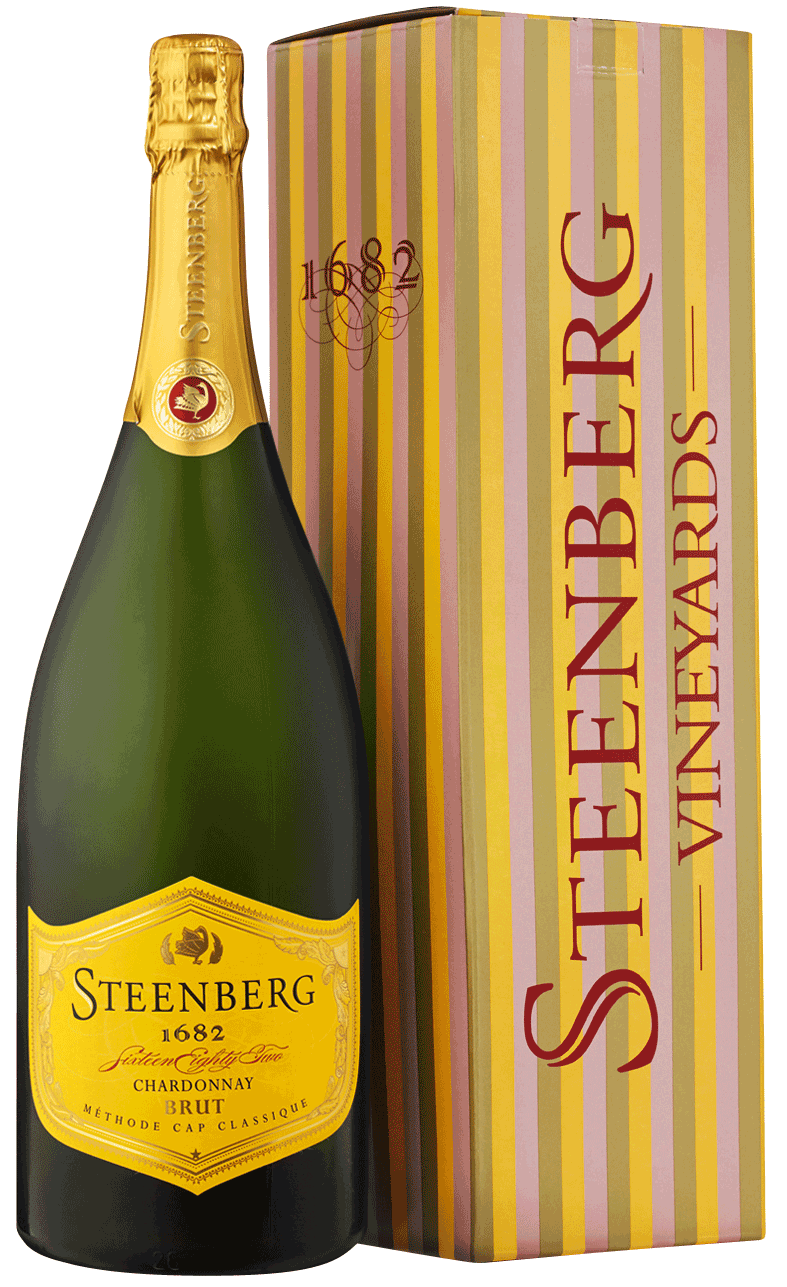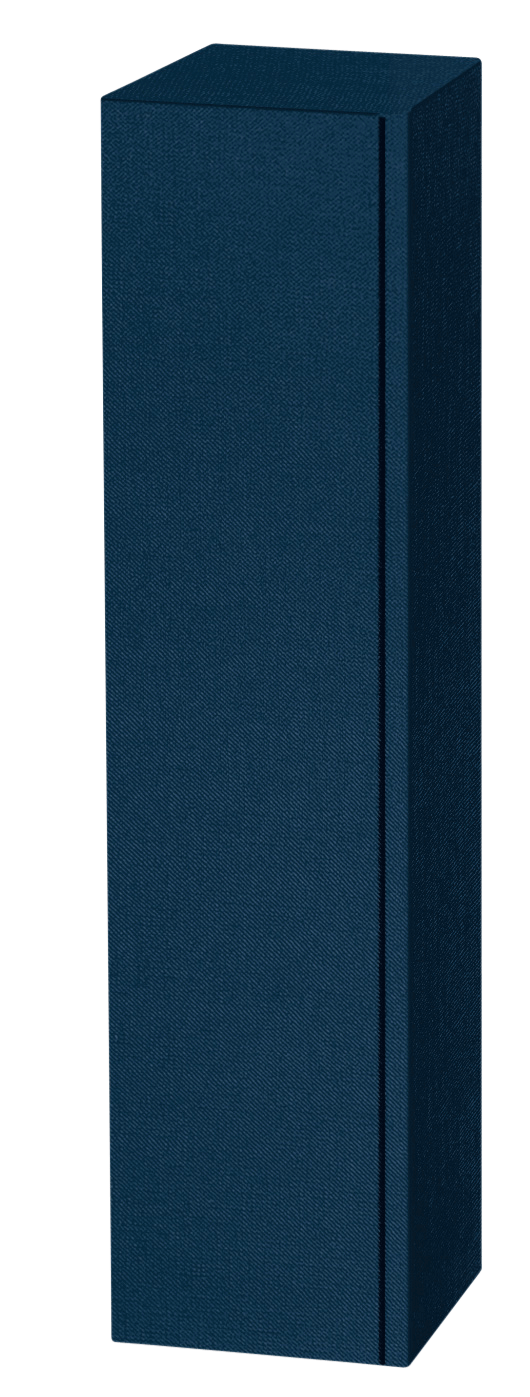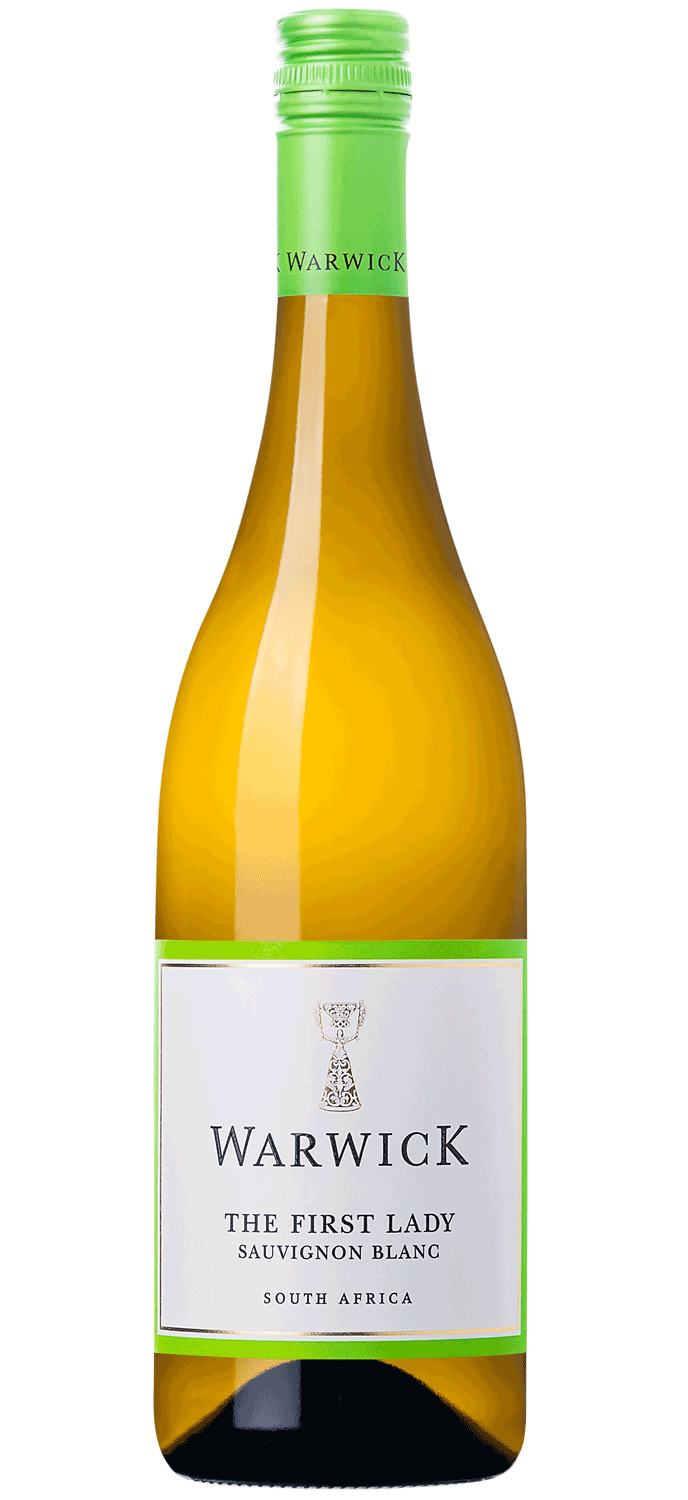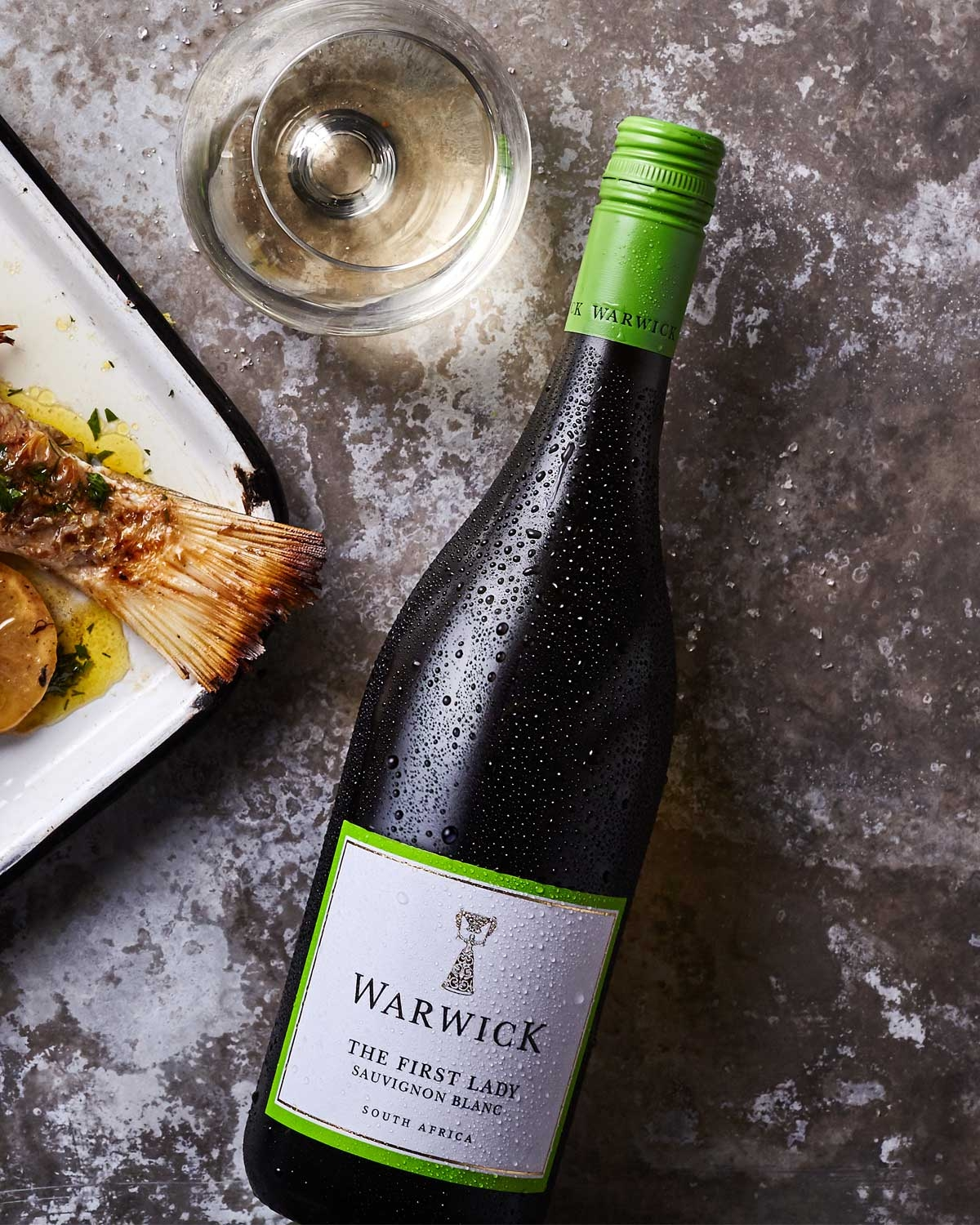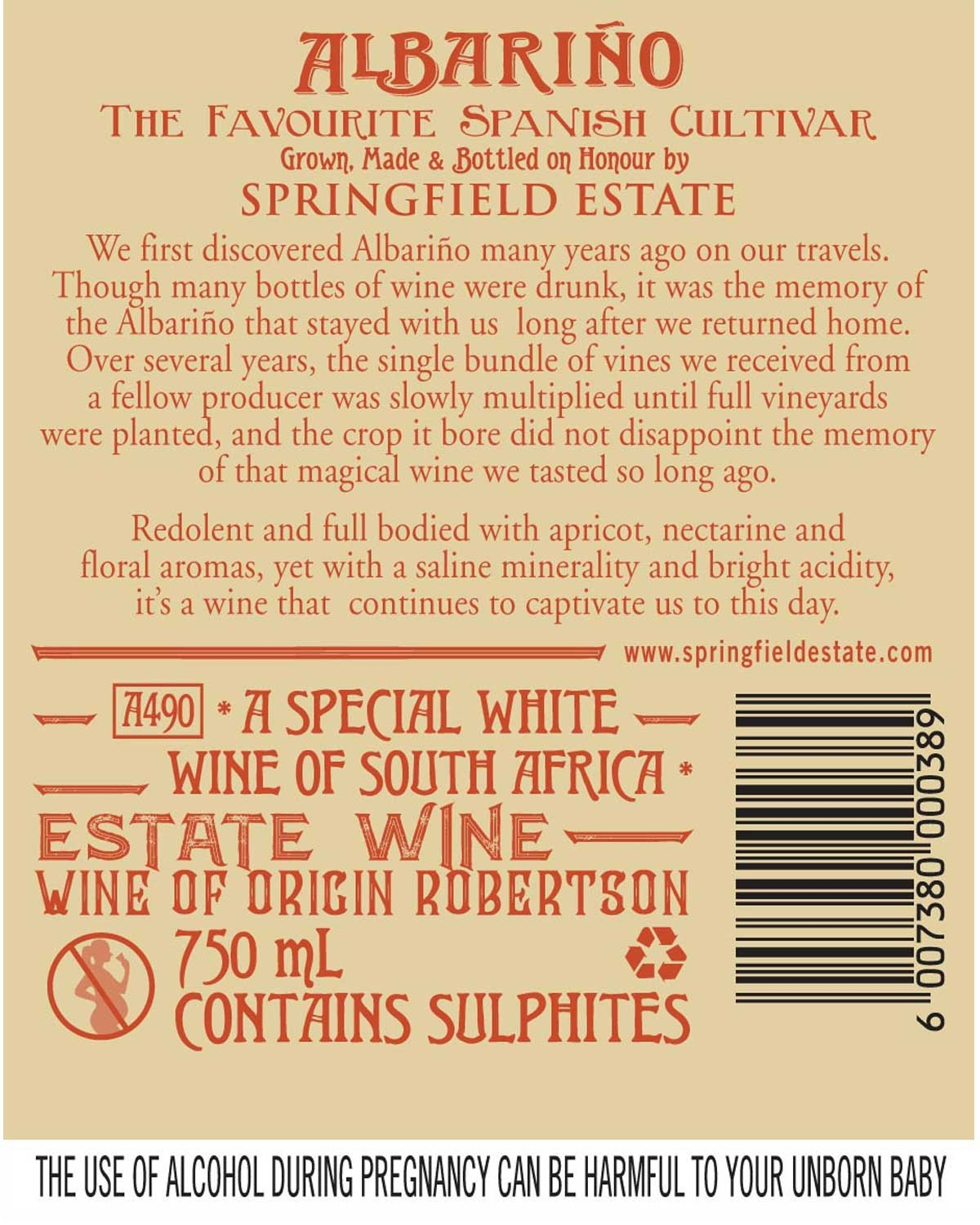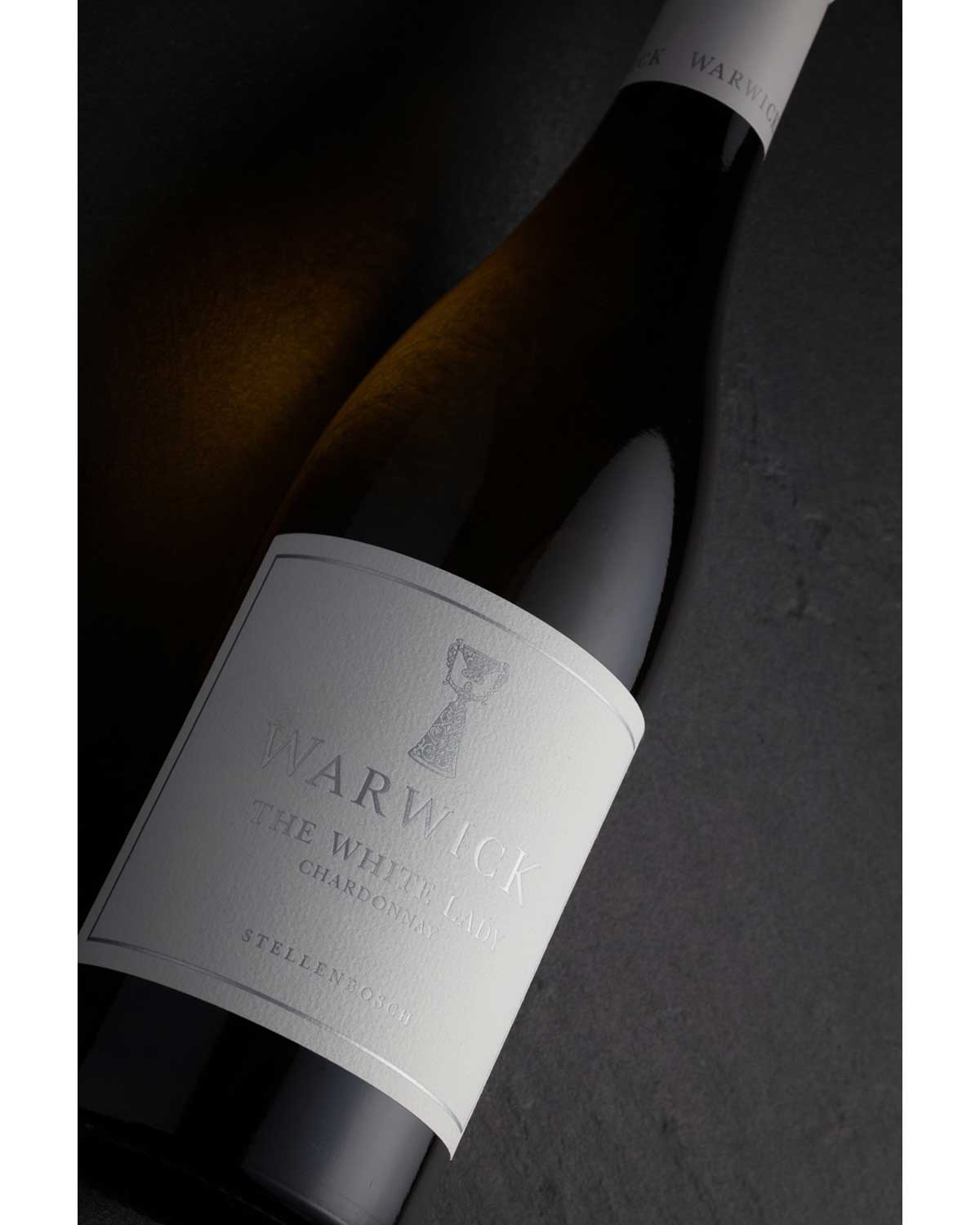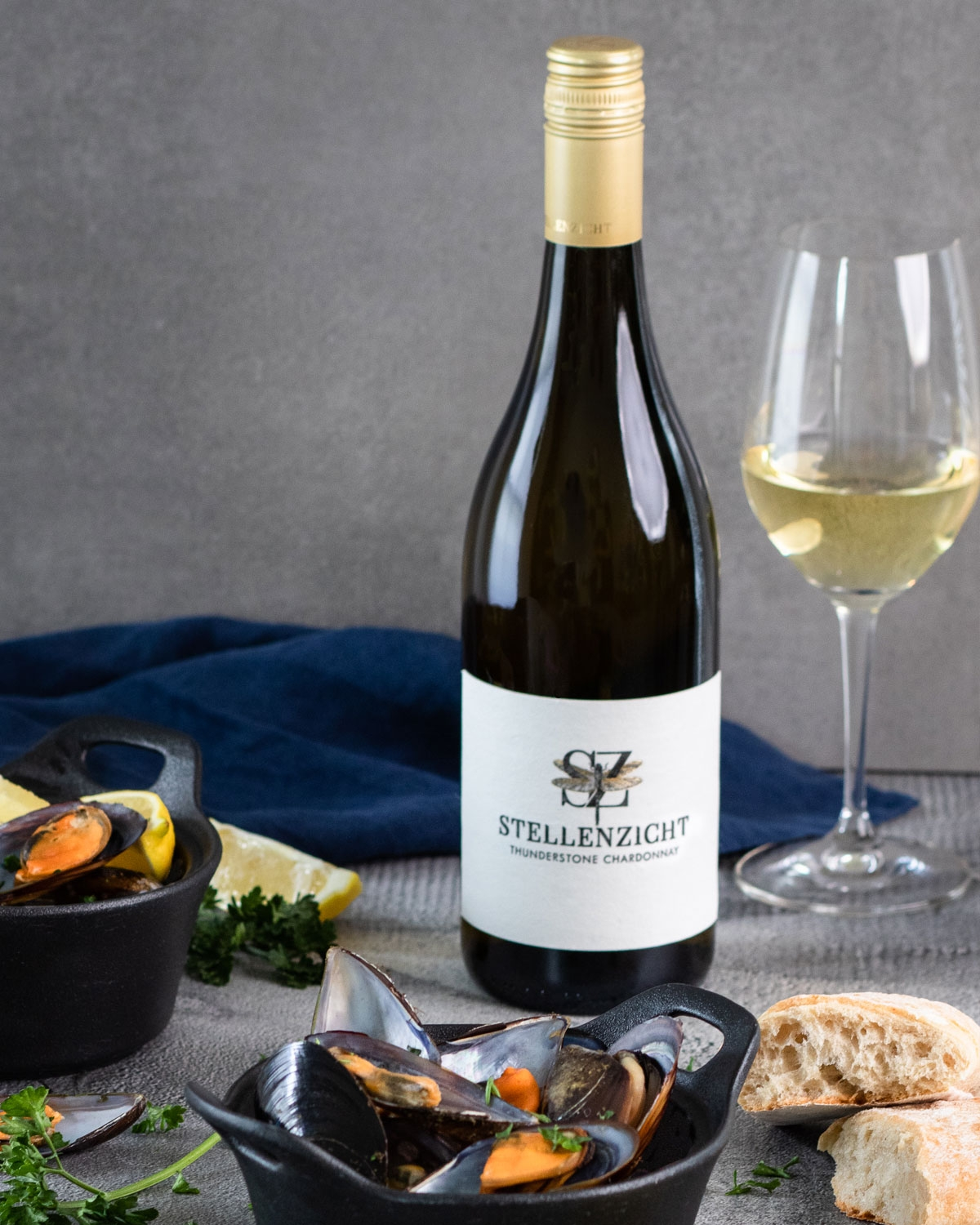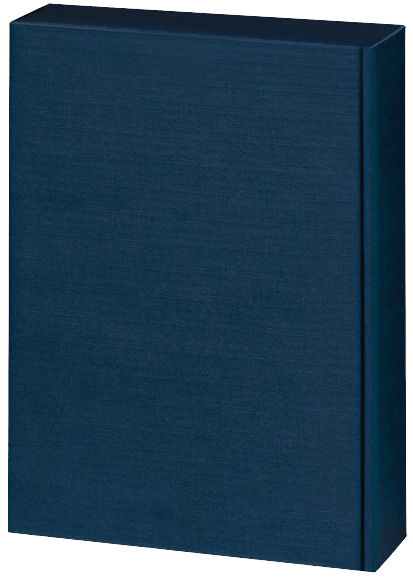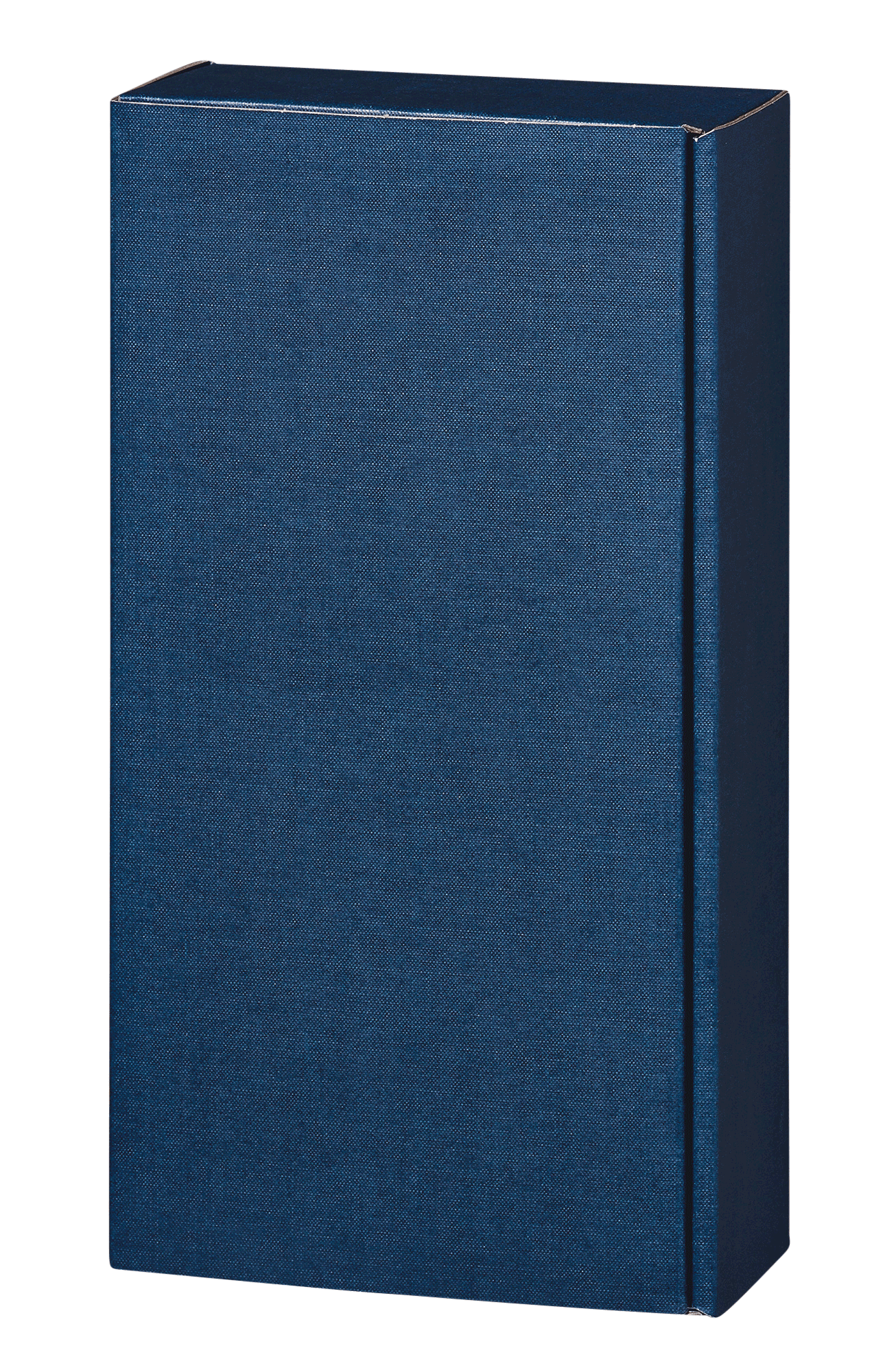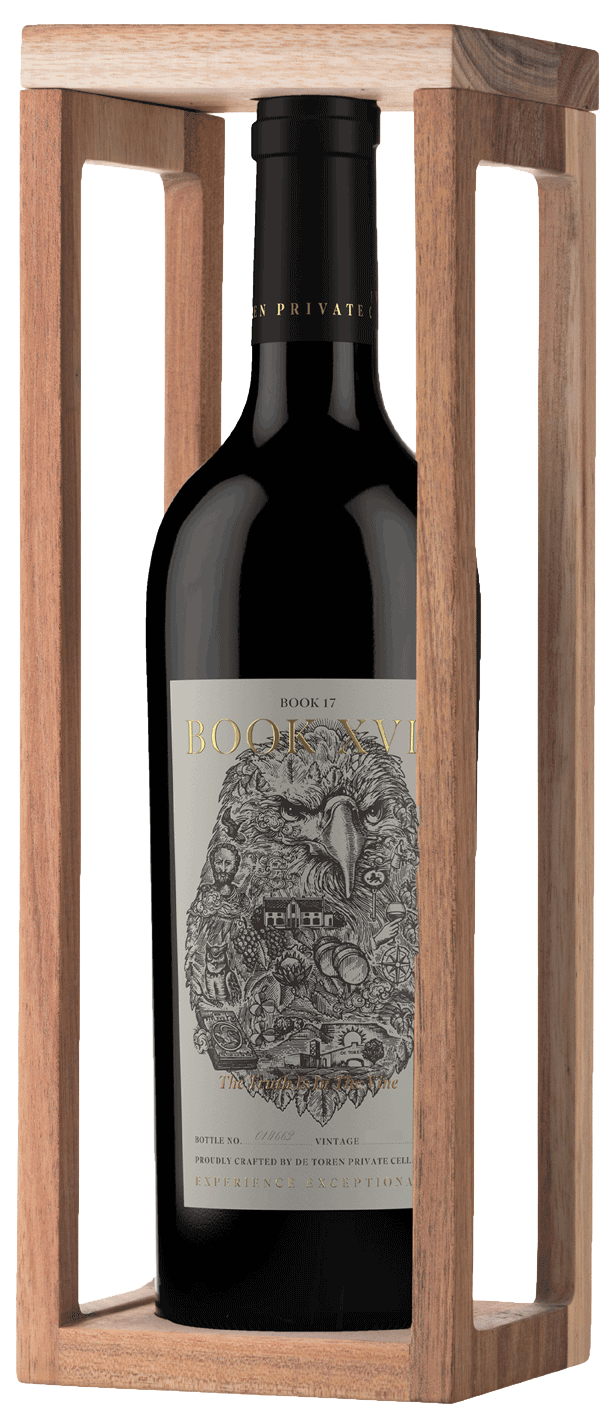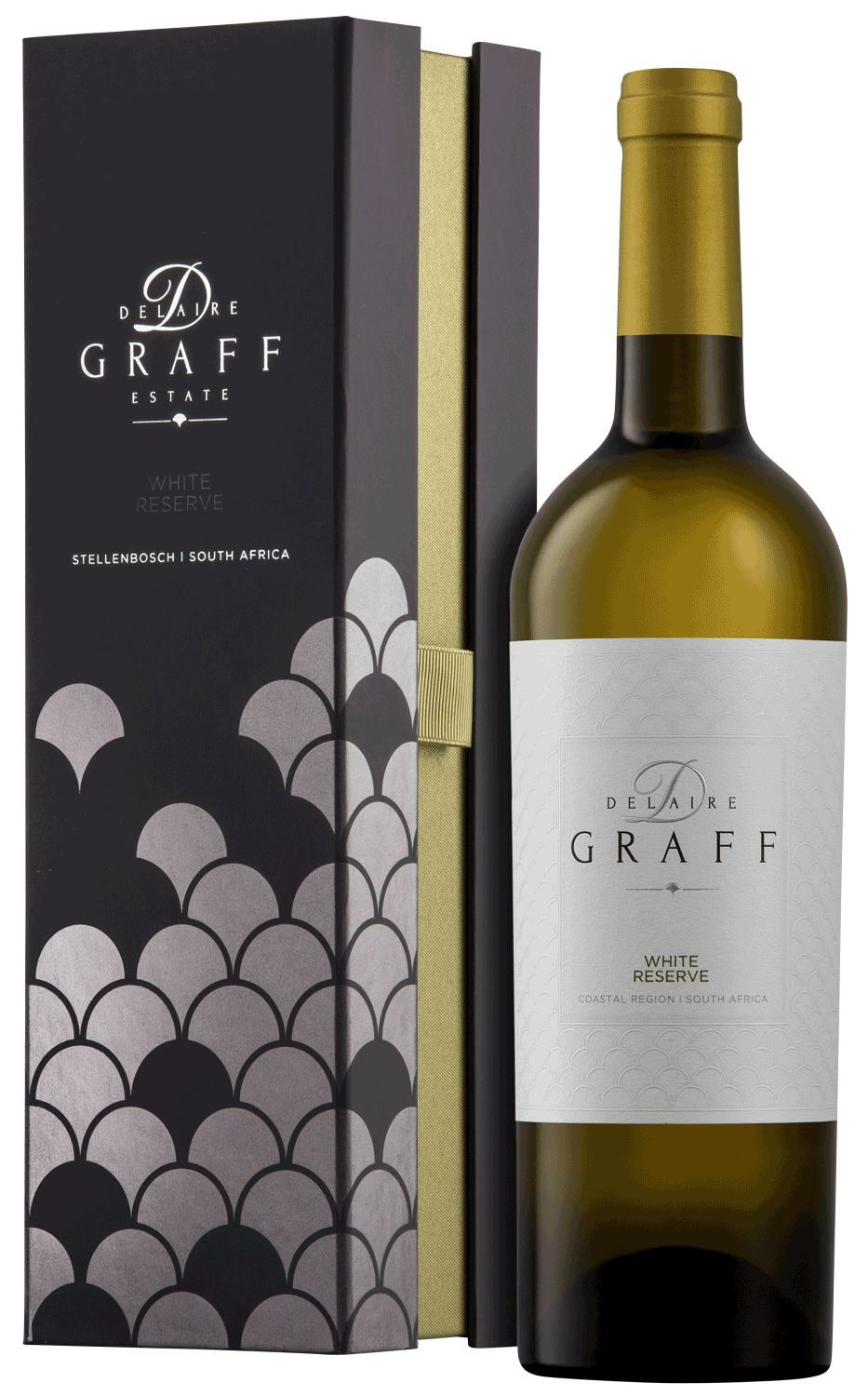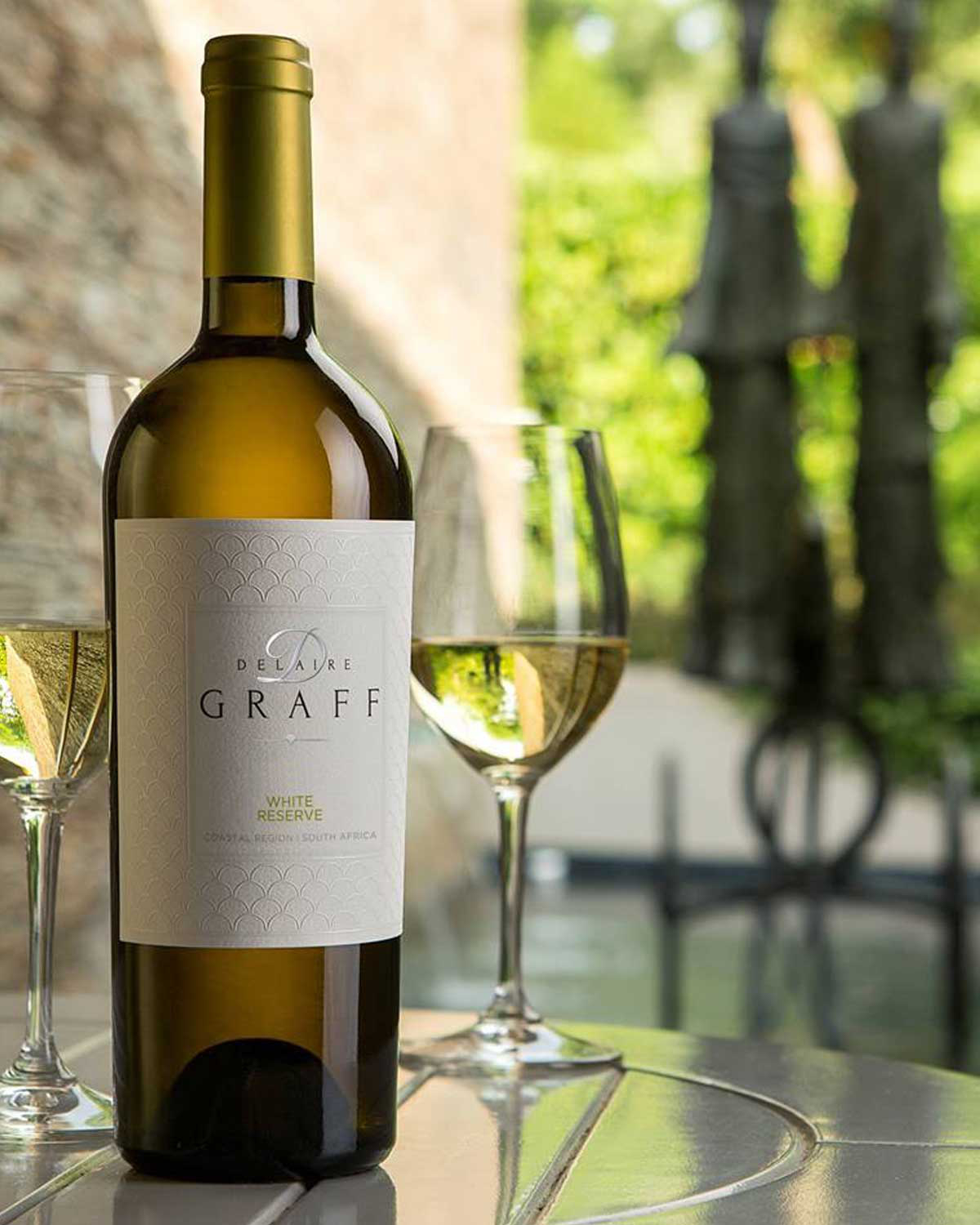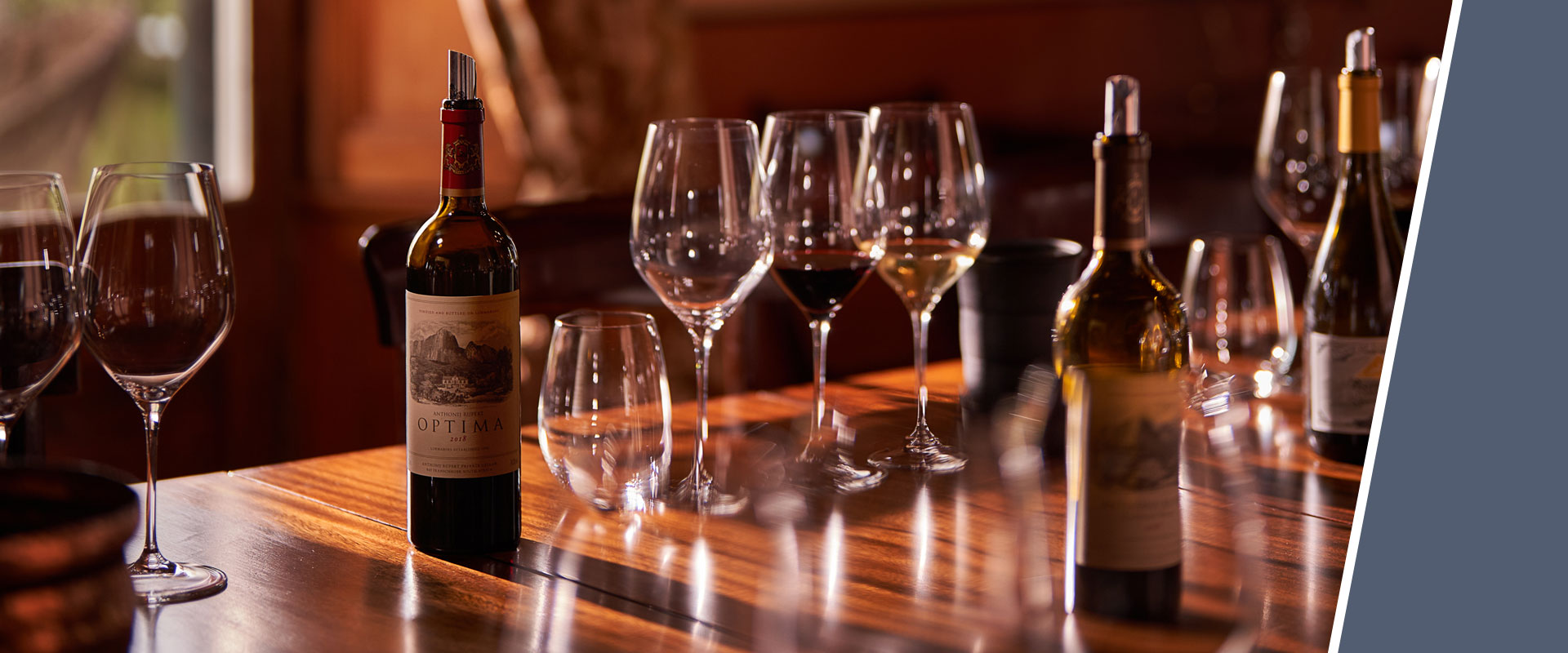
Sekt
Sekt is a common term in Germany and Austria for a quality sparkling wine. In terms of taste, Sekt ranges from tart to mild and is largely dependent on how much sugar has been added through dosage. A distinction is made between the flavors ulta brut, brut nature, extra brut, brut, extra dry, sec, demi and doux with doux being the sweetest.
Discover our premium Wines
Content: 0.75 Liter (€39.93* / 1 Liter)
and Ingredients can be found here
Content: 0.75 Liter (€36.67* / 1 Liter)
and Ingredients can be found here
Content: 1.5 Liter (€29.97* / 1 Liter)
and Ingredients can be found here
Content: 0.75 Liter (€35.93* / 1 Liter)
and Ingredients can be found here
Content: 0.75 Liter (€133.27* / 1 Liter)
and Ingredients can be found here
Content: 0.75 Liter (€66.60* / 1 Liter)
and Ingredients can be found here
Content: 0.75 Liter (€46.60* / 1 Liter)
and Ingredients can be found here
Content: 1.5 Liter (€34.67* / 1 Liter)
and Ingredients can be found here
and Ingredients can be found here
Content: 0.75 Liter (€15.33* / 1 Liter)
and Ingredients can be found here
Content: 0.75 Liter (€19.93* / 1 Liter)
and Ingredients can be found here
Content: 0.75 Liter (€35.93* / 1 Liter)
and Ingredients can be found here
Content: 0.75 Liter (€57.27* / 1 Liter)
Last lowest price: €42.95*
and Ingredients can be found here
Content: 0.75 Liter (€45.27* / 1 Liter)
and Ingredients can be found here
Content: 0.75 Liter (€18.00* / 1 Liter)
and Ingredients can be found here
Content: 0.75 Liter (€45.27* / 1 Liter)
and Ingredients can be found here
and Ingredients can be found here
and Ingredients can be found here
Content: 0.75 Liter (€323.93* / 1 Liter)
and Ingredients can be found here
Content: 0.75 Liter (€57.27* / 1 Liter)
and Ingredients can be found here
The production of Sekt
For the base wines are mostly used cuvées but also base wines consisting of only one grape variety are not uncommon. For this purpose, the grape varieties Chardonnay or Riesling are usually used. The cuvée is followed by the tirage, which consists of sugar and yeast and starts the second fermentation. For the rest of the process is distinguished between three different methods. The traditional bottle fermentation is still used today for the production of champagne. Here, the sparkling wine matures in its original bottle. Sparkling wine from the transvasier process may also be called fermented in the bottle, although the production here relies on special fermentation bottles from which the sparkling wine is later removed. Tank fermentation is the simplest method, because here the sparkling wine is produced in stainless steel tanks. Regardless of the method used to produce the sparkling wine, it is corked with a mushroom-shaped cork, which is fixed with a wire frame (agraffe). To open the bottle, the wire frame is removed, the cork is fixed and the bottle is turned. In order for sparkling wine to be called sparkling wine, the alcohol content must be at least 10%, the pressure on the bottle must be more than 3.5 bars and the base wine and dosage must come from the same growing region. The mushroom-perfect closure and the sale in glass bottles are also prerequisites. If a wine is artificially carbonated, the term "sparkling wine" is inadmissible for the end product, which is then referred to as a semi-sparkling wine. The term Sekt as a designation of a sparkling wine goes back allegedly to the Berlin actor Ludwig Devrient, this drank regularly in one and the same restaurant his champagne. One evening he is said to have placed his order with the words "Does he bring with him sparkling wine, knave - is there no virtue left on earth?", a quotation from Shakespeare's Henry IV. The waitress brought him the same drink as always, and by 1890 the phrase had spread throughout the German Empire. After the Treaty of Versailles prohibited German sparkling wine producers from using the term "champagne," "Sekt" became official in 1925.





